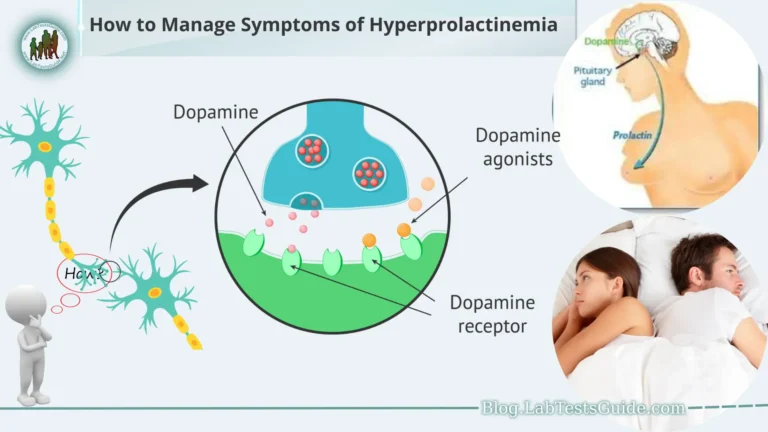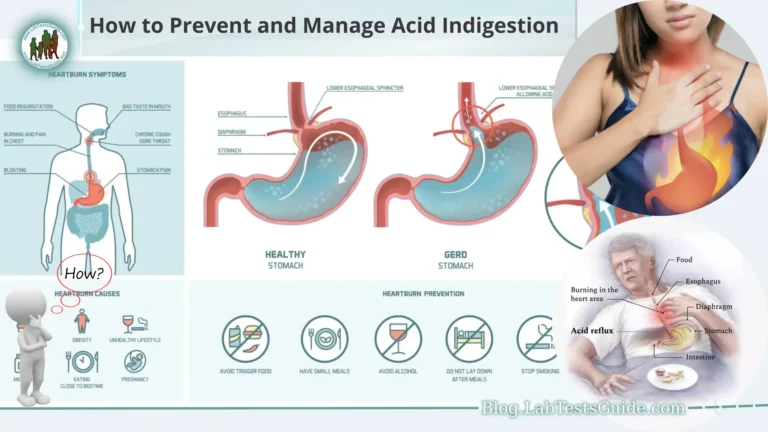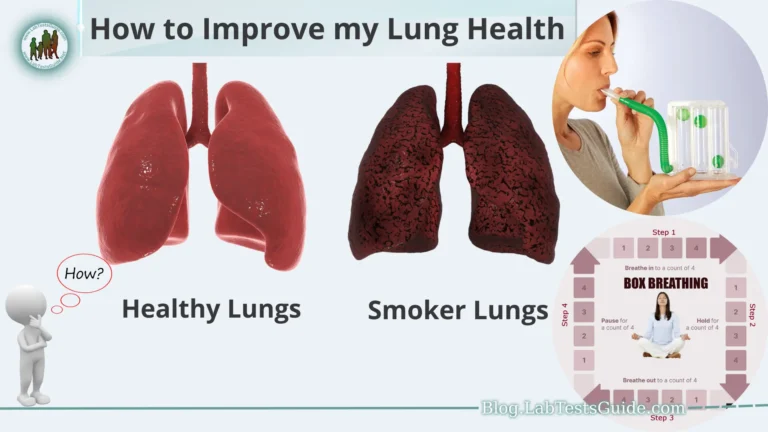Health Education
 Health education is a field of education that aims to promote and improve individual and community health through the dissemination of knowledge and the development of skills related to health and well-being. It encompasses a wide range of topics and activities designed to empower individuals and communities to make informed decisions about their health and adopt healthy behaviors. Here are some key aspects of health education:
Health education is a field of education that aims to promote and improve individual and community health through the dissemination of knowledge and the development of skills related to health and well-being. It encompasses a wide range of topics and activities designed to empower individuals and communities to make informed decisions about their health and adopt healthy behaviors. Here are some key aspects of health education:
- Health Promotion: Health education promotes the adoption of healthy lifestyles and behaviors to prevent illness and promote overall well-being. This includes topics such as nutrition, physical activity, stress management, and substance abuse prevention.
- Disease Prevention: Health education provides information and strategies to prevent the spread of diseases, including infectious diseases like HIV/AIDS and COVID-19. It also focuses on preventing chronic diseases like heart disease, diabetes, and cancer through lifestyle changes.
- Sexual Health Education: This aspect of health education addresses topics related to sexual health, including reproductive health, safe sex practices, contraception, and preventing sexually transmitted infections (STIs).
- Mental Health Awareness: Health education increasingly emphasizes mental health awareness and destigmatization of mental health issues. It provides information on stress management, anxiety, depression, and access to mental health resources.
- Substance Abuse Prevention: Health education programs often include information about the dangers of drug and alcohol abuse, as well as strategies for prevention and seeking help for addiction.
- Environmental Health: This aspect of health education focuses on how environmental factors can impact health, including topics like air and water quality, pollution, and the effects of climate change.
- Health Literacy: Health education seeks to improve individuals’ health literacy, which is their ability to understand, evaluate, and use health information to make informed decisions about their health.
- Community Health: Health education can extend to community-level initiatives aimed at improving the overall health and well-being of a population. This may include public health campaigns, community outreach programs, and advocacy for policies that promote health.
- Cultural Competence: Health education should take into account cultural diversity and be culturally sensitive to the needs and beliefs of different populations. Cultural competence ensures that health information and programs are effective and respectful.
- Lifelong Learning: Health education is not limited to formal schooling but should be a lifelong process. People should continue to learn about and adapt to new health information and challenges as they arise.
Health educators, also known as health teachers, public health professionals, or community health workers, play a crucial role in delivering health education programs. They may work in schools, healthcare settings, community organizations, or public health agencies.
Effective health education programs are evidence-based, culturally relevant, and tailored to the specific needs and demographics of the target audience. They aim to empower individuals and communities to take control of their health and make informed decisions that lead to healthier lives.










